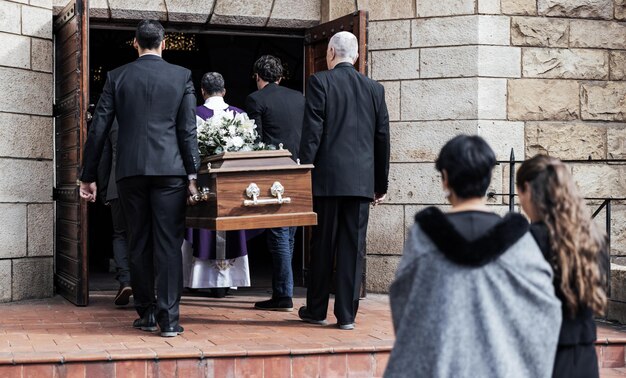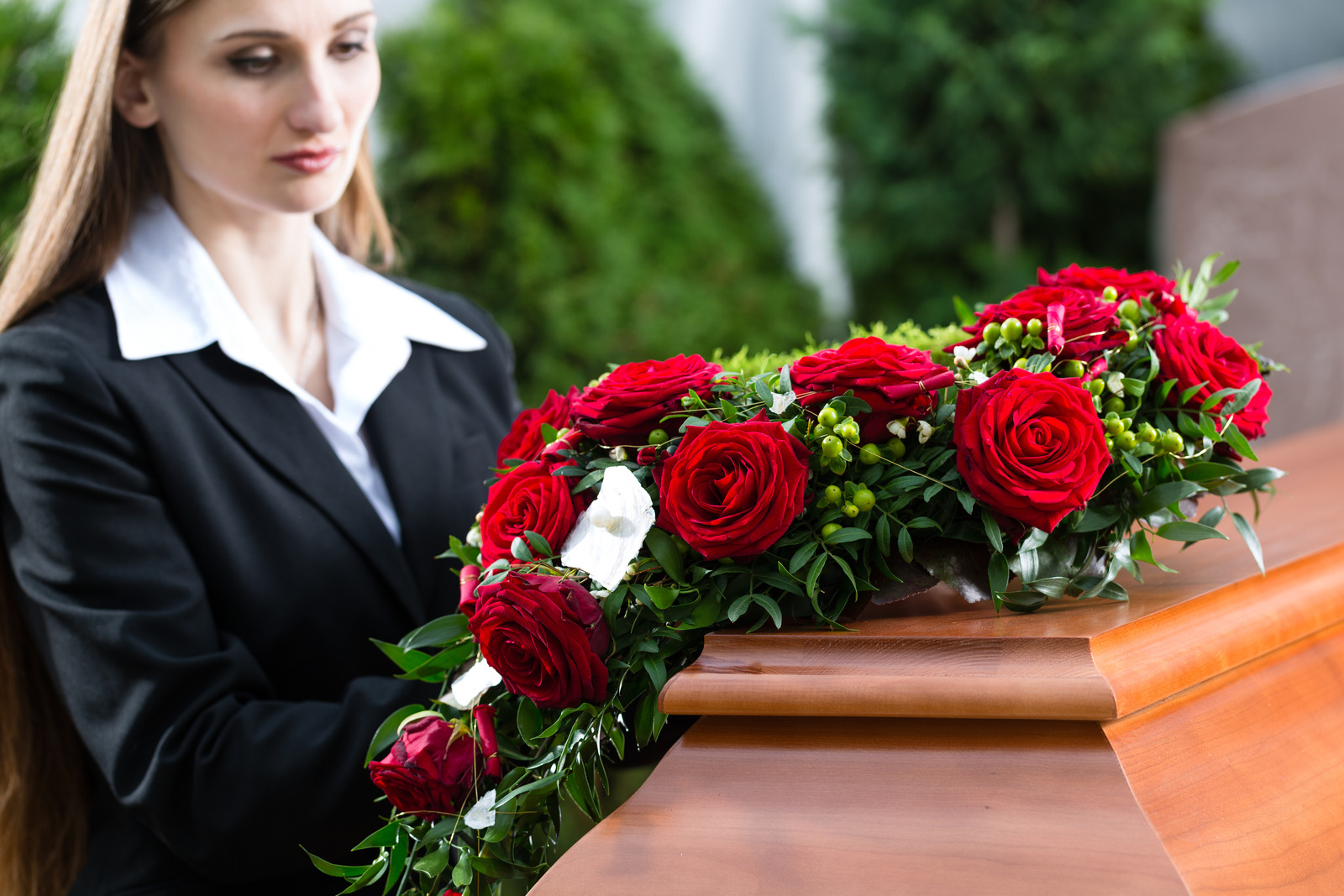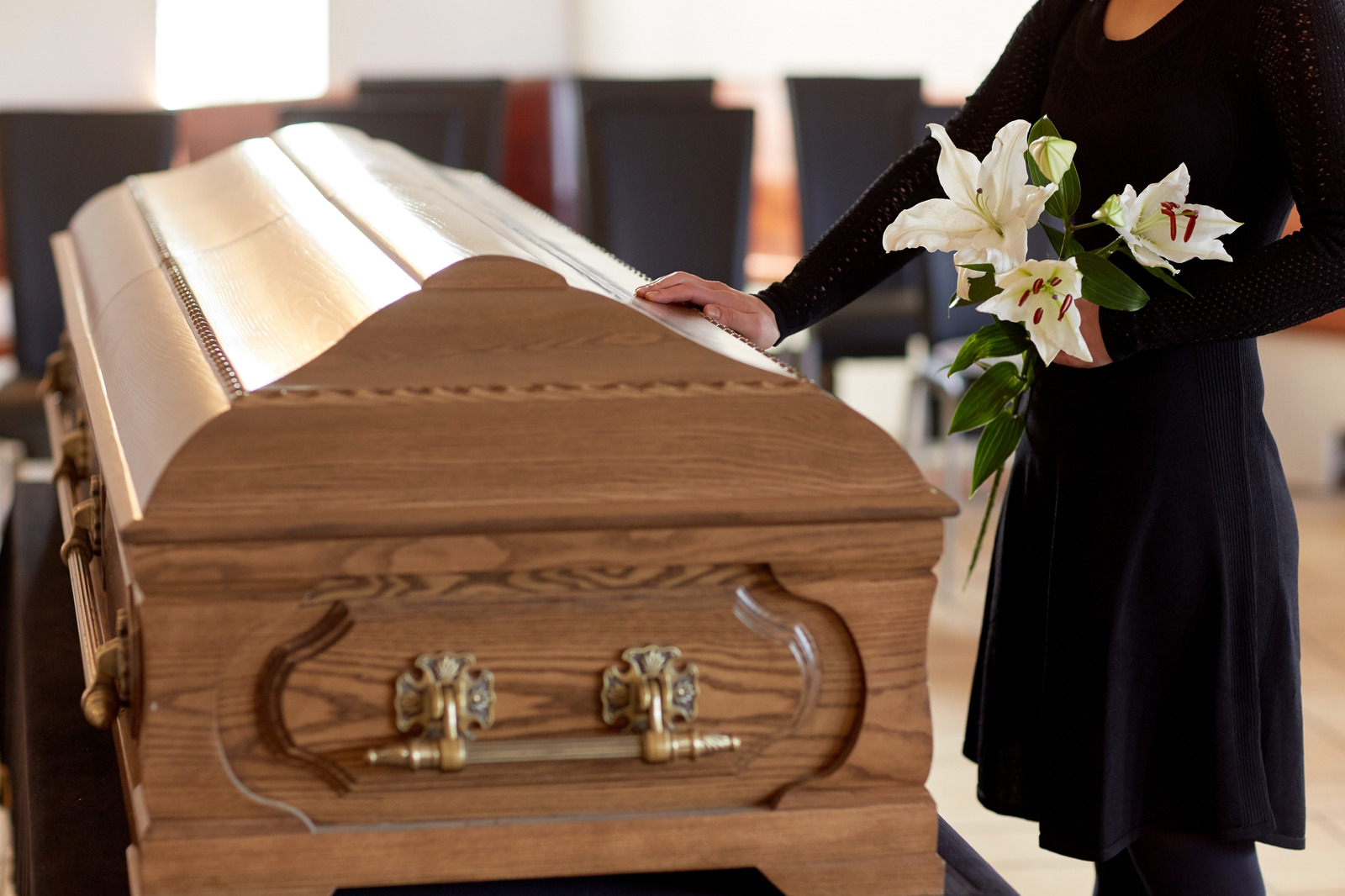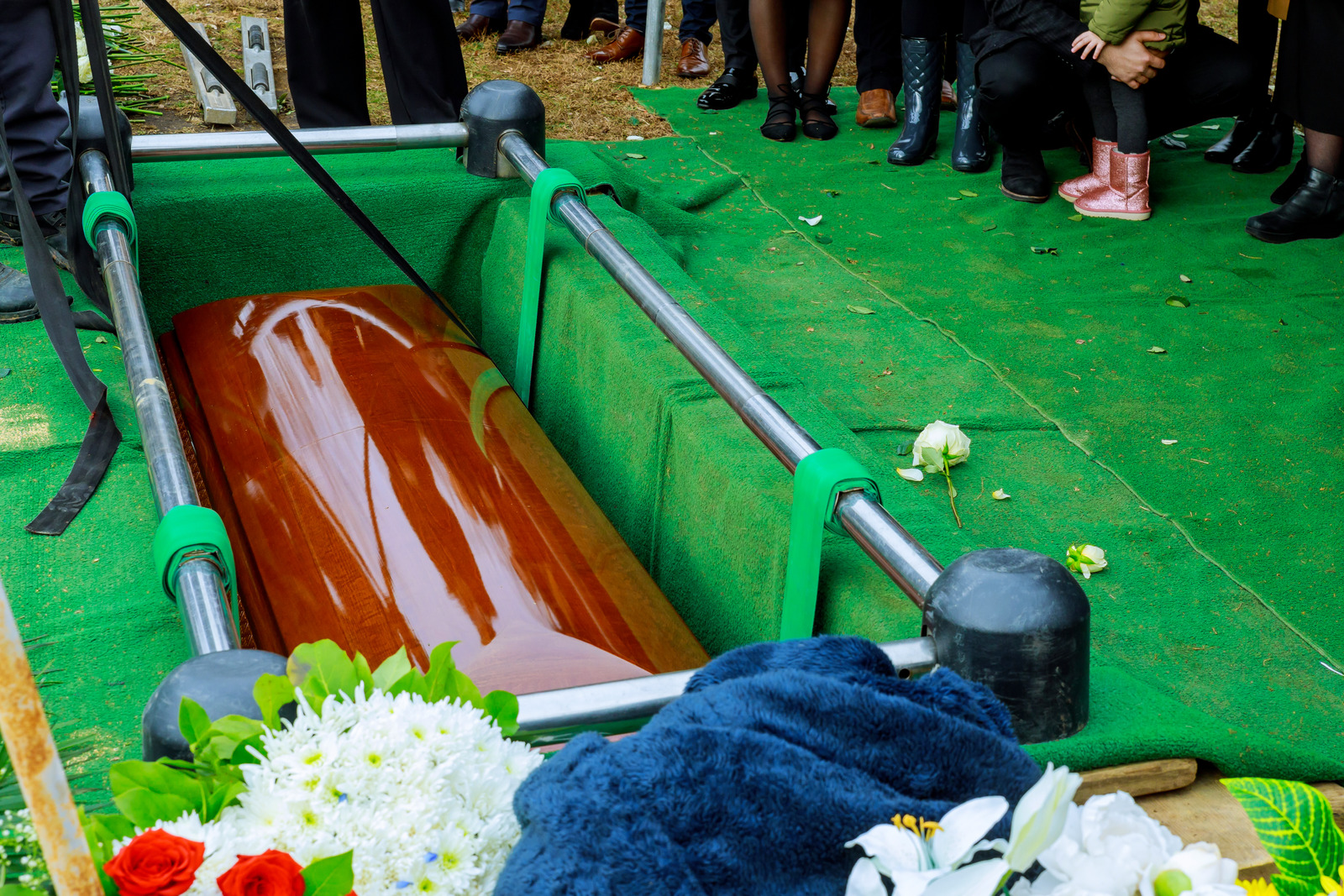Funeral trends are ever-evolving. We are continually adding new values, as well as traditions and individual preferences, for how to best honour a loved one who has passed. With this in mind, the funeral industry has been willing to adapt to keep up with new trends. These adoptions will continue as funeral services try to support their customer’s individual preferences.
Moving Away From Tradition
Funeral services in Hauraki have been moving away from more formal and sad ceremonies towards more light-hearted celebrations of life, for many years now. This enables families to celebrate the life of their loved one, more joyfully and less formally. Hosting a celebration of remembrance as opposed to a traditional memorial service can better reflect the deceased’s personality, interests and passions.
Despite this, whilst funeral services have developed in a distinctive Kiwi manner, the legal rules around burial and cremation were written around fifty years ago in 1968, and these have pretty much remained unchanged.
Growing Trends in Funeral Services
Direct cremations paired with celebratory memorial services are becoming more popular as more people move away from traditional burial services. There has been a big boost in direct cremations in the most recent five years in particular.
Whilst less traditional funerals have decreased in popularity, funeral homes are still encouraging families to host some type of service because these services can help with the grieving process.
In our current day and age, there are a multitude of funeral options available. Unfortunately, despite there being a range of options available it is the lack of planning in advance which means that loved ones cannot afford the funeral they would have hoped for their deceased loved one.
In New Zealand, only 5% of people pre-plan their funerals, compared to 15% in Australia. If Kiwis planned for their funeral the same way they planned to save for cars, weddings and retirement then this could solve many problems.
As the Kiwi culture continues to diversify to reflect the change in society, so do our types of funeral services Here at Rowley Funerals, we offer a full range of funeral services in Hauraki for your consideration. We promise to work with you to create an experience tailored to your specific requirements. Get in touch with us today.






